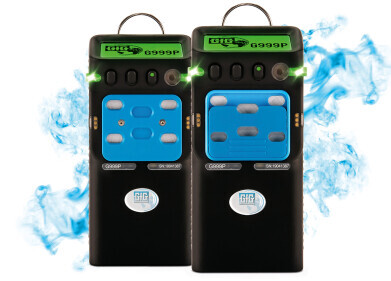Safety
Is It Safe to Fill Your Car in Hot Weather?
Jul 06 2018
Switching off your engine when filling up the tank is a no brainer. But what about when temperatures outside are scorching? In the wake of online rumours fuelled by social media, British motorists have been left wondering whether it's dangerous to top up the tank in hot weather and if it can trigger explosions.
While the rumours have gained serious traction, experts have confirmed that there's no truth behind the ominous warnings.
“This is an old story that often pops up again and again on social media," comments the AA. “There is no need for anyone to panic – manufacturers design and build cars to operate in all climates and are tested to weather extremes including hot and cold.”
Myth busted
On the contrary, drivers have been advised to ensure there's enough fuel in their tanks to avoid breaking down, as getting stranded in a heatwave is markedly more dangerous than overfilling the tank.
RAC spokesperson Rod Dennis agrees, asserting “There is no truth in this. All fuel systems on passenger vehicles are designed to cope with any expansion of fuel, or vapour coming from the fuel."
So is there any chance fuel could spontaneously ignite without a spark? According to experts the outside temperature would need to be well over 250C to pose a risk. Given today's current climate this makes the myth virtually impossible.
Staying healthy during a heatwave
The smarter thing to do is ignore the social media hype and focus on staying healthy and hydrated during heatwaves, which can pose a serious risk to public health. For example, extreme heat in Quebec has caused over 30 deaths, with most of the victims aged between 50 and 80.
Professor William Keatinge of the University of London asserts that preventing fatalities is all about adapting to the climate and educating the population.
"In North Carolina, where summers are hotter and more humid, they don't have extra deaths because there's more air conditioning and people know how to behave," he explains. "People here need better information about dressing in light clothes and making sure all the windows in the house will open. Drinking more is important, but so is eating, because many people tend to drink only when they have food."
From self-combusting Samsung Galaxy Note 7s to deaths caused by e-cigarette explosions, there's no shortage of controversy surrounding overheated engines and electronics. Questioning the high energy density and low self-discharge rate, 'Risks and Side Effects: The Underestimated Dangers of Lithium-Ion Batteries' champions nickel metal hydride batteries as a safer alternative.
Digital Edition
PIN 25.1 Feb/March
March 2024
In This Edition Safety - The technology behind the ION Science Tiger XT - Safety with ammonia and LOHCs as hydrogen carriers Analytical Instrumentation - Discussion on new tribology te...
View all digital editions
Events
Apr 28 2024 Montreal, Quebec, Canada
Apr 30 2024 Birmingham, UK
May 03 2024 Seoul, South Korea
May 05 2024 Seville, Spain
May 06 2024 Riyadh, Saudi Arabia


.jpg)















